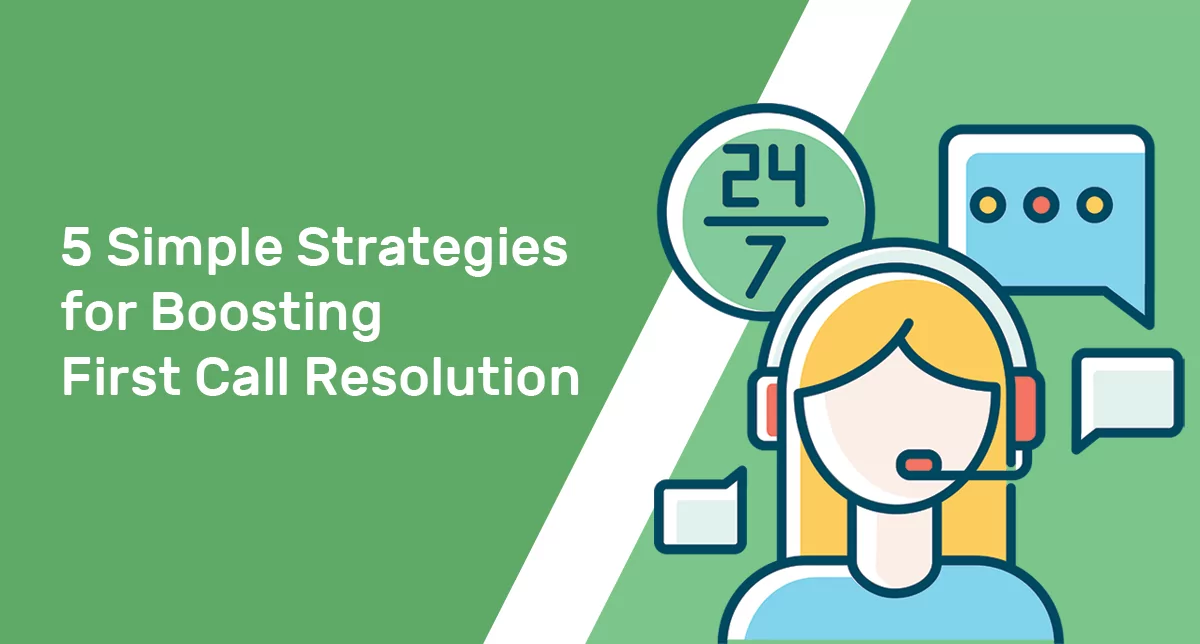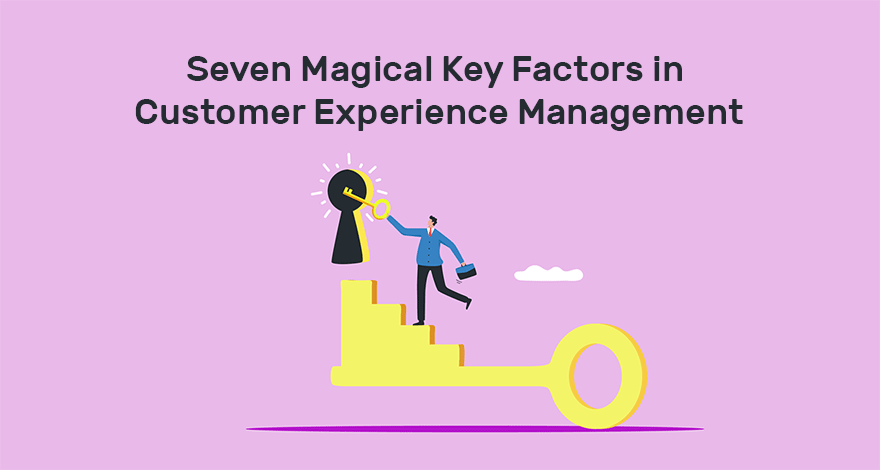Customer service refers to all activities performed by an organization in support of its customers. These activities are formative of customer satisfaction, which is a function of the overall customer experience.
Customer satisfaction determines whether customers remain loyal to the organization and promote it to new customer candidates, or abandon the organization in favor of a competitor. Retaining existing and attracting new customers is an existential concern for most organizations. Growth in customers and customer consumption equates to organizational success. For this reason how customer services are managed is an all important question, which is addressed by Customer Service Management (CSM).
CSM, involves the management of business policies and processes, business practices, organizational culture and supporting technologies as well as customer facing organizational elements, involved in orchestrating and executing customer service/support in the resolution of customer needs and problems.
To identify customer needs and determine suitable responses, CSM utilizes analysis of customer interaction that occurs across the full spectrum of communication channels including telephony, email, web forms, messaging and social media.
An important aspect of CSM is process measurement and monitoring, to maintain service quality and identify/execute process improvement opportunities.


